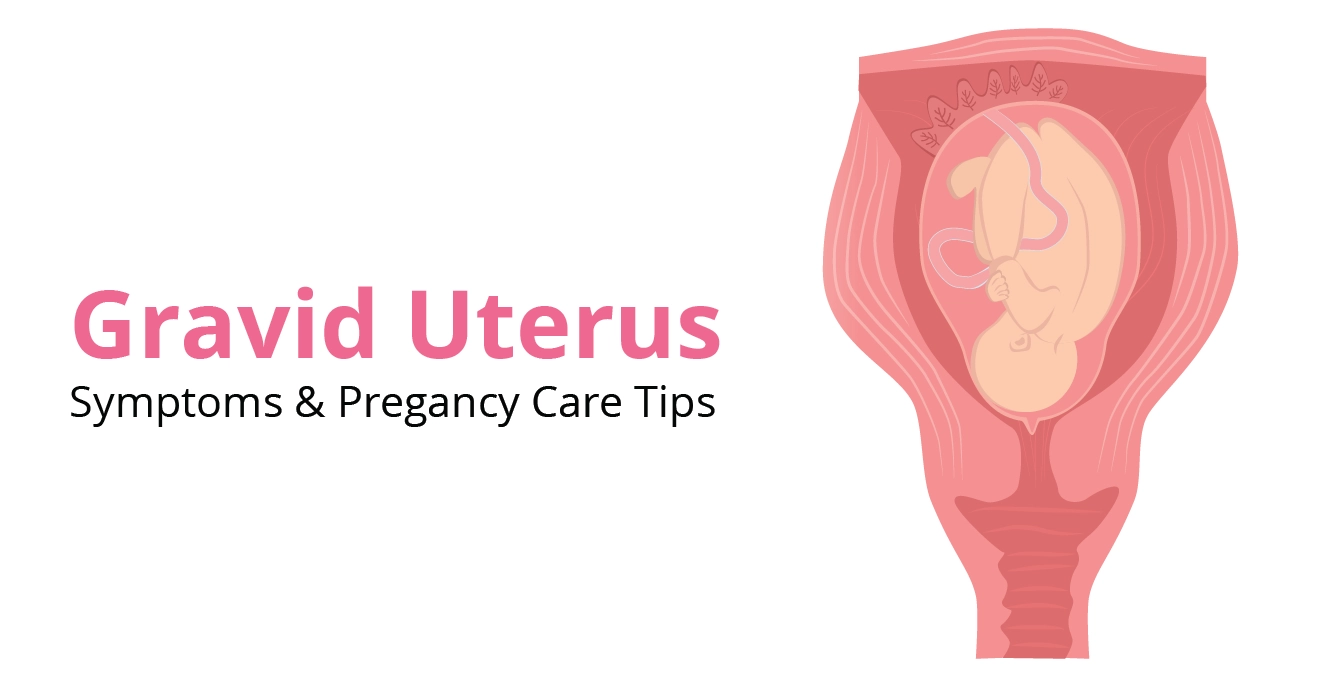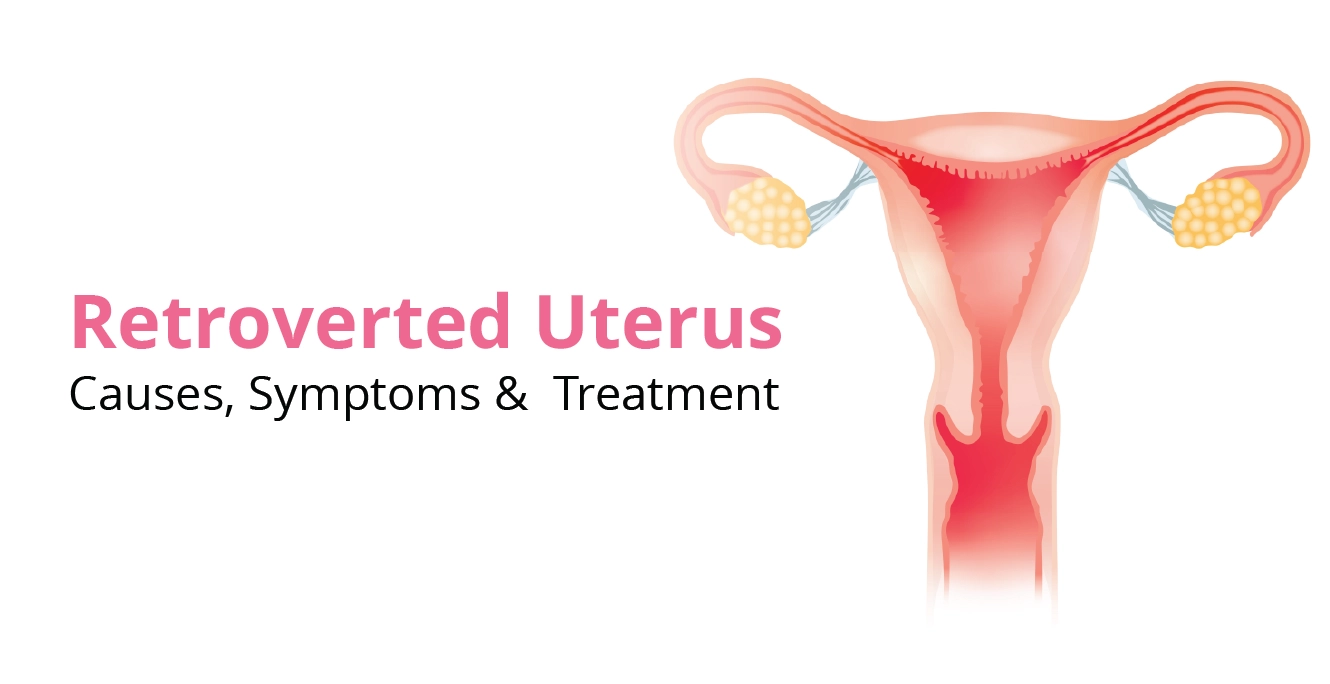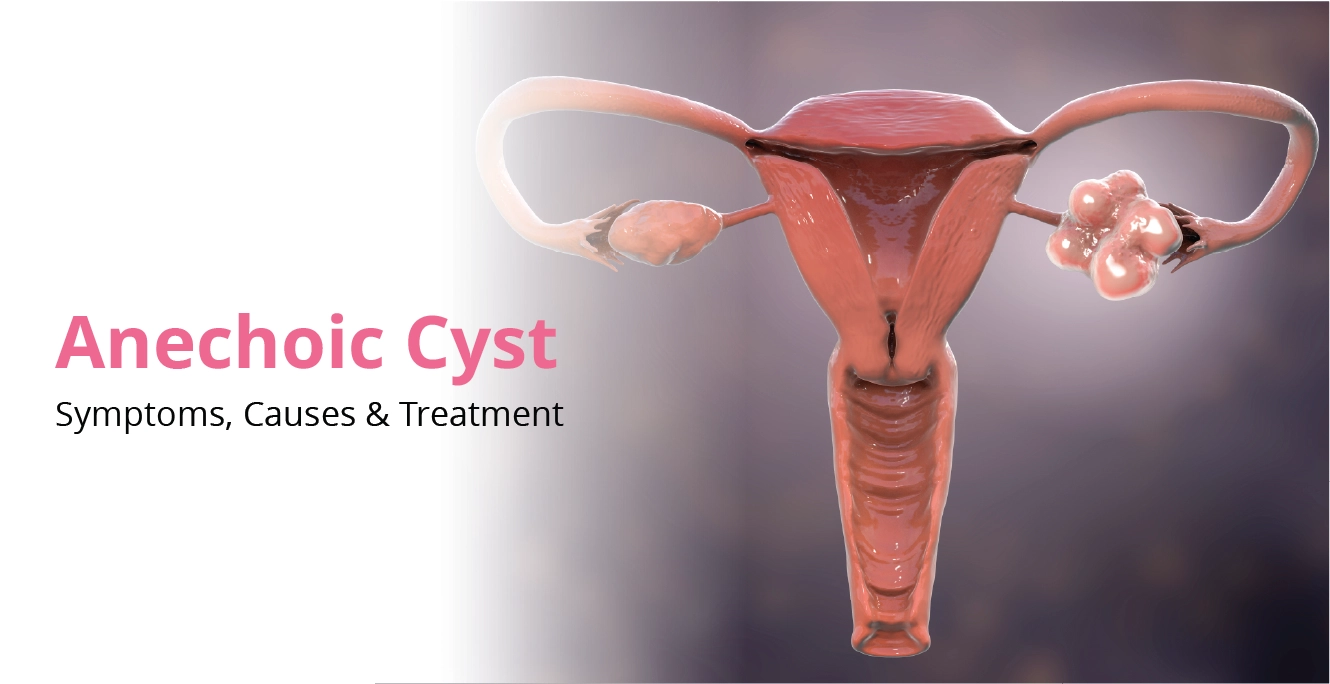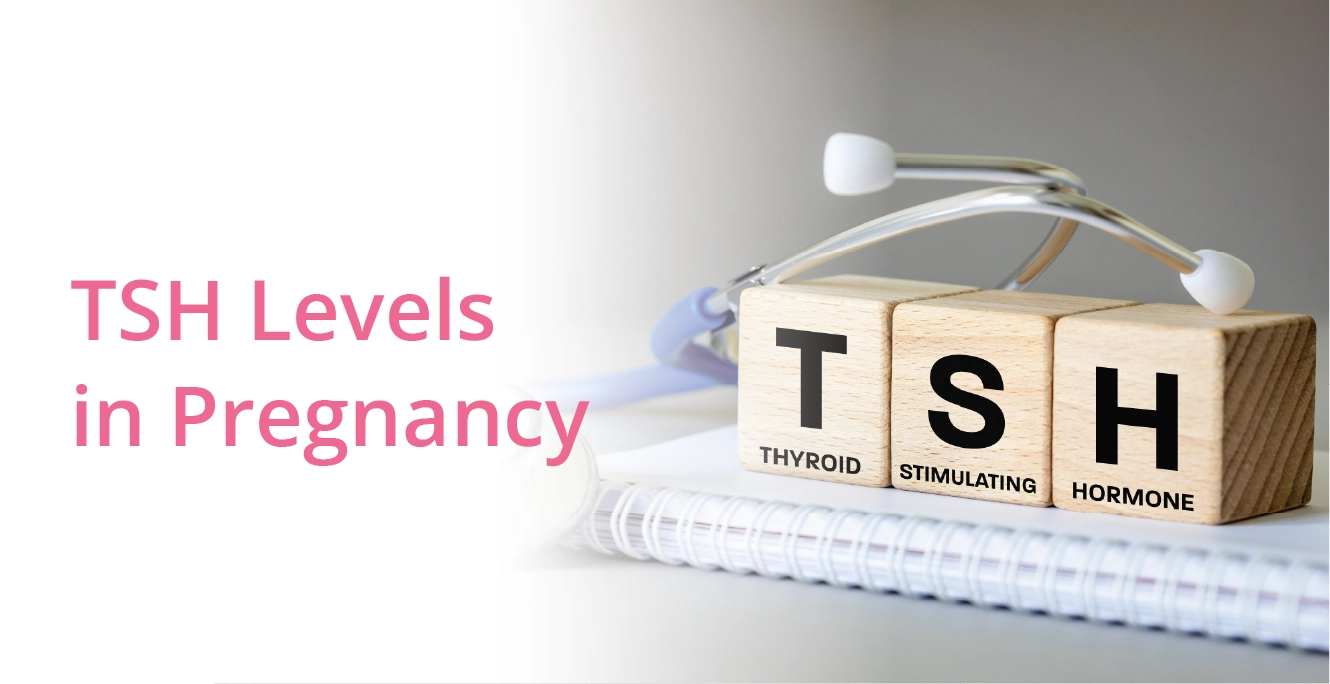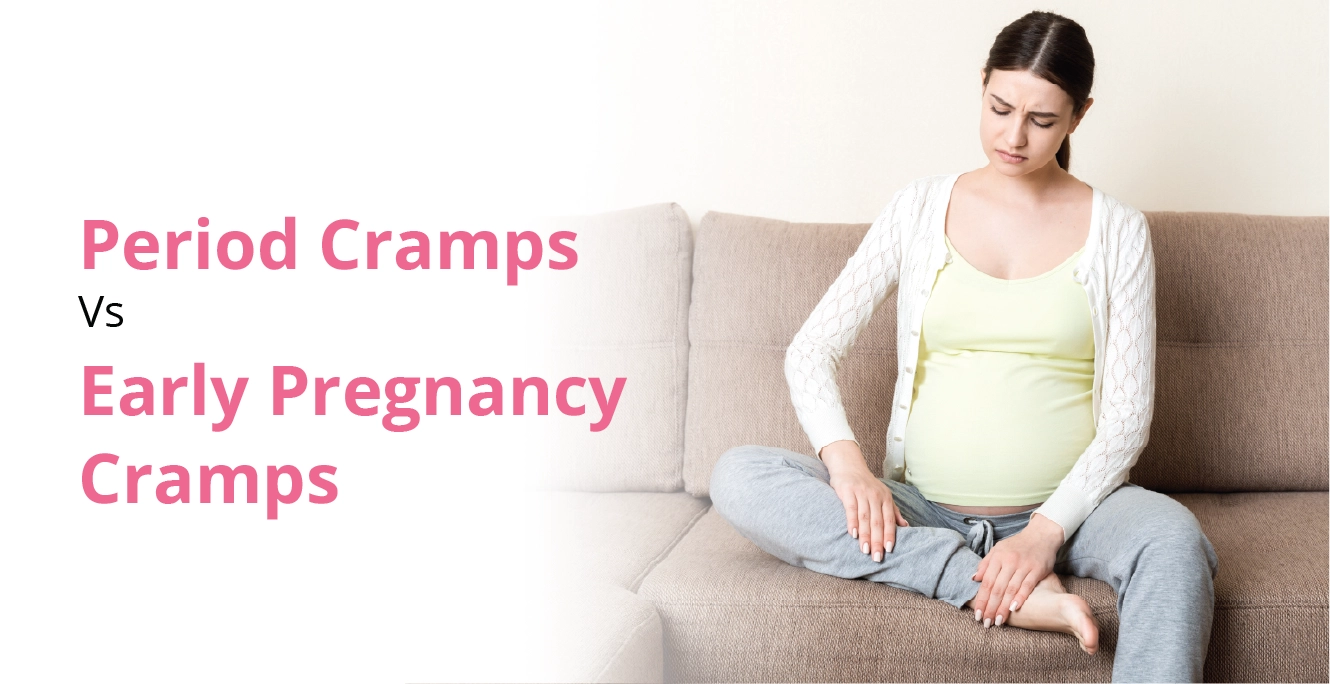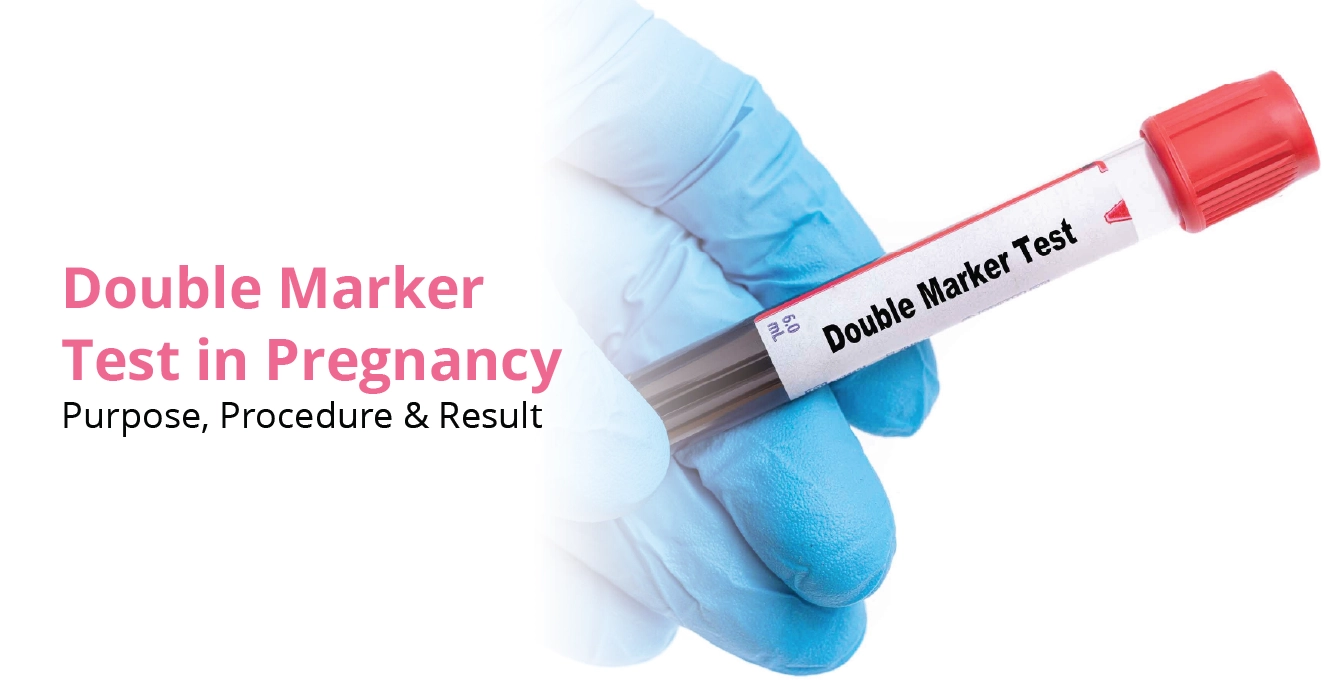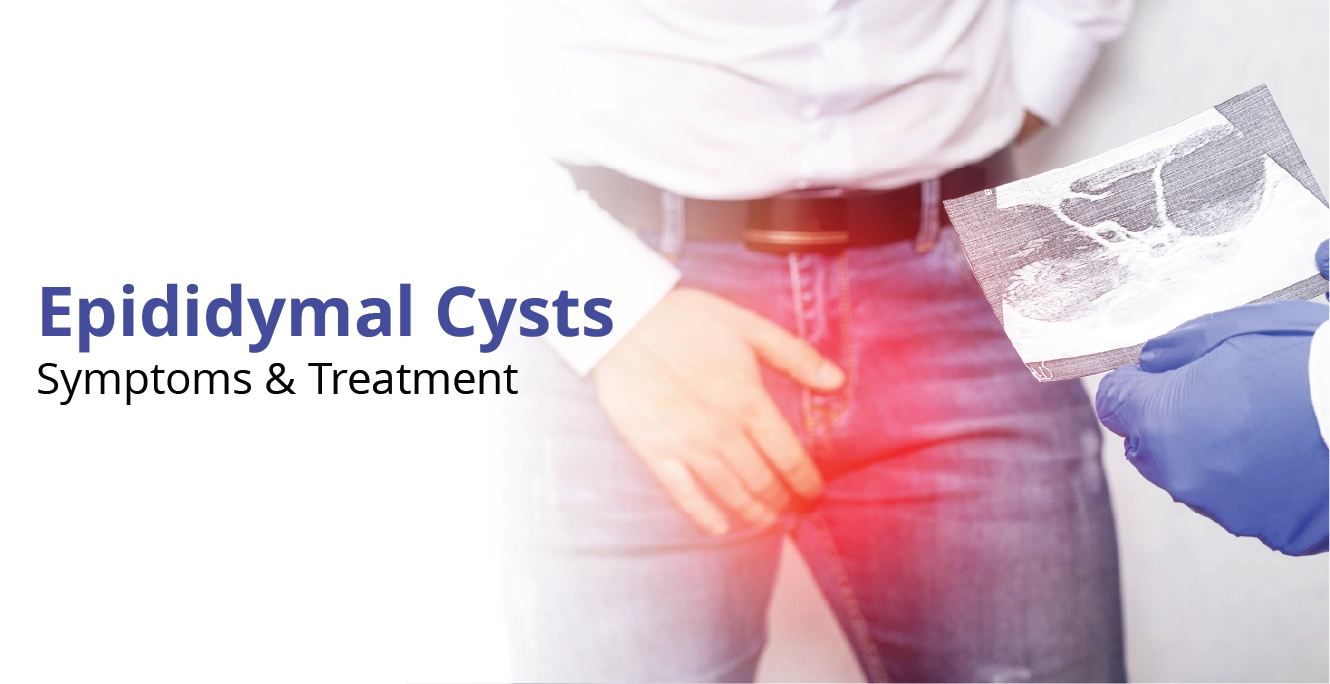Cervical Cancer Clinic
The cervix, a crucial part of the female reproductive system, plays a vital role in maintaining reproductive health and fertility. Cervical cancer occurs in the cells of the cervix, the lower part of the uterus that connects to the vagina. Often, cervical cancer doesn’t show symptoms in its early stages, making regular screenings essential.
On the positive side, cervical cancer is one of the only cancers that can be prevented through both regular screening and vaccination, making prevention and early detection key.

Cervical Cancer: A Closer Look
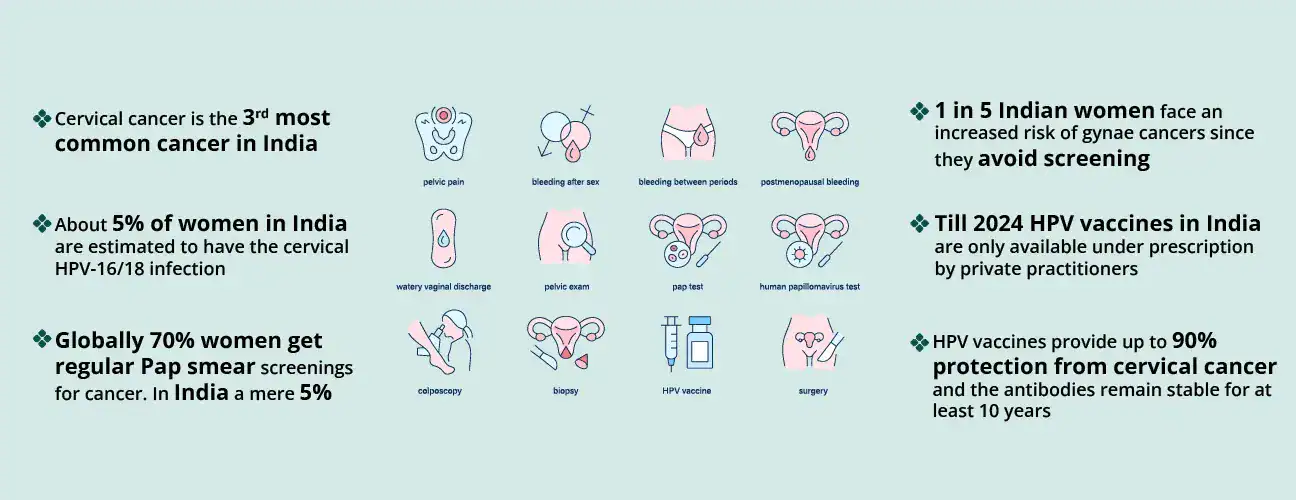
Cervical cancer begins at a cellular level from the cervix and its adjoining areas. This includes the lower part of the uterus, vulva and the vagina. It often develops slowly over time.
- Precancerous stage: Typically beginning with minor cellular changes in the cervical cells.
- Early detection stage: When detected early through regular screening, cervical cancer is highly treatable, making awareness and timely intervention essential.
- Advanced stage: Surgery with targeted therapy becomes the only available option, prioritising life over fertility.
Becoming aware helps women make informed decisions about their own life and take control of their own choice.
What Are Different Stages of Cervical Cancer
Pap Smear: For All Women
Also called Pap test, is effective for detecting cervical cancer and precancerous changes in the cervix.
HPV Test: For Sexually Active Women
The human papillomavirus (HPV) is a sexually transmitted infection that may trigger abnormal changes in the cervical cells leading to cancer.
Detecting high-risk HPV types can help identify cervical cancer before any changes to the cervical cells are visible.
Co-testing: For Women above 30 years age
Combining the Pap smear & HPV test to provide a more comprehensive screening. Recommended for ages 30 and above, as it increases the chances of detecting abnormalities early.
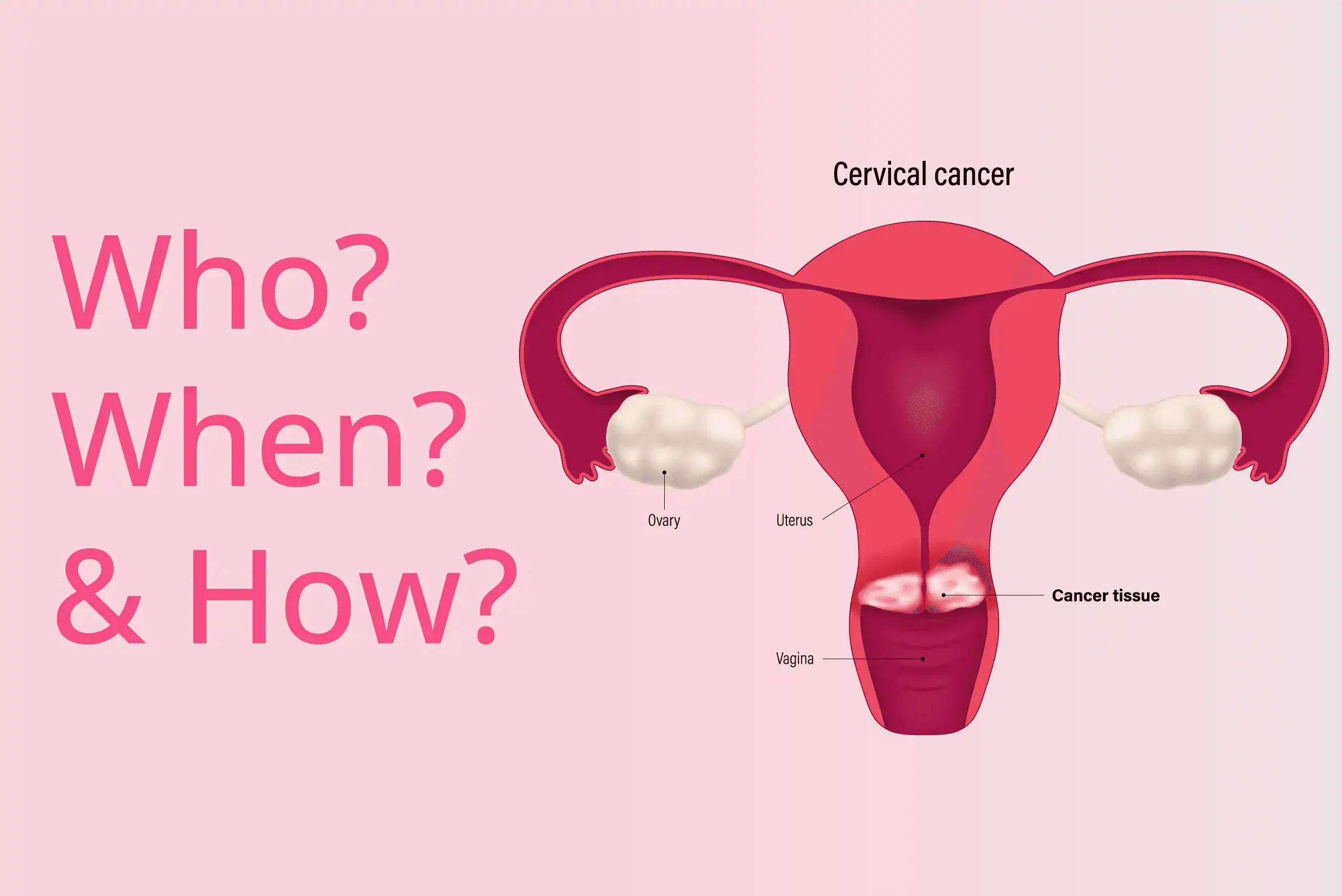
Vaccination Options

Age Limit: Between ages 9 to 45 years
Vaccines can be administered in doses of 2 or 3 depending on the age and sexual activity
HPV Vaccine Helps
- Fight 9 strains of cancer causing infections
- Prevent Mouth, throat and genital cancers
- Reduce 90% chances of cervical cancer
- Diminish 90% chances of genital warts
- Gardasil, an HPV vaccine, helped reduce HPV infection by 88% in 14-19 year old females
- Gardasil helped reduce HPV infection by 81% in 20-24 year old females
- Fight 9 strains of cancer causing infections
- Prevent Mouth, throat and genital cancers
- Reduce 90% chances of cervical cancer
- Diminish 90% chances of genital warts
- Gardasil, an HPV vaccine, helped reduce HPV infection by 88% in 14-19 year old females
- Gardasil helped reduce HPV infection by 81% in 20-24 year old females
For Men & Women above 25 years age
Get your screening done and check if you are affected by HPV. The vaccine will not be effective for people already exposed to HPV. Based on your assessment you will be eligible for a vaccine
What to Expect During Your Screening?
Undergoing a cervical cancer screening can be a straightforward and quick process, though it’s natural to feel a bit nervous. It helps to be mentally prepared for it. Let us walkthrough the process:
- Preparation: It’s best to schedule your screening when you’re not menstruating. Avoid using vaginal medications, douches, or having sexual intercourse 24-48 hours before the test, as these can affect the results.
- During the Test: You’ll be asked to lie on an examination table with your feet placed in stirrups. A speculum will be gently inserted into your vagina to widen it, allowing access to the cervix. A small brush or spatula is used to collect cells from your cervix for testing. The process may cause slight discomfort, but it typically takes only a few minutes.
- After the Test: You may experience mild spotting or cramping, which usually subsides quickly. You can return to your normal activities immediately after the screening.

Why Choose Us
Choosing the right fertility clinic is crucial for starting your family. At Birla Fertility & IVF, we offer personalised care with expert specialists guiding you every step of the way. Our advanced labs and outstanding success rates have helped over 2,30,000 patients achieve their dream of parenthood.
Our Cervical Cancer Tests And Vaccines
Pap Smear
20001400HPV DNA Detector
30001800Pap + HPV Co-testing
35002800Gardasil 4 Vaccine
42003927Gardasil 9 Vaccine
1200010850Frequently Asked Questions
Recent Blogs
Book an appointment
Hassle-Free Appointment Booking
Select Preferences
I know my doctor
Cervical Cancer Cost in Different Cities
- Cervical Cancer Vaccine Cost in Gurgaon
- Cervical Cancer Vaccine Cost in Bangalore
- Cervical Cancer Vaccine Cost in Bhubaneswar
- Cervical Cancer Vaccine Cost in Lucknow
- Cervical Cancer Vaccine Cost in Hyderabad
- Cervical Cancer Vaccine Cost in Kolkata
- Cervical Cancer Vaccine Cost in Mumbai
- Cervical Cancer Vaccine Cost in Delhi
- Cervical Cancer Vaccine Cost in India
Cervical Cancer Treatment in Different Cities
- Cervical Cancer Treatment in Jalandhar
- Cervical Cancer Treatment in Perinthalmanna
- Cervical Cancer Treatment in Thrissur
- Cervical Cancer Treatment in Palakkad
- Cervical Cancer Treatment in Kannur
- Cervical Cancer Treatment in Kozhikode
- Cervical Cancer Treatment in Ranchi
- Cervical Cancer Treatment in Patna
- Cervical Cancer Treatment in Varanasi
- Cervical Cancer Treatment in Gorakhpur
- Cervical Cancer Treatment in Meerut
- Cervical Cancer Treatment in Prayagraj
- Cervical Cancer Treatment in Kolar
- Cervical Cancer Treatment in Salem
- Cervical Cancer Treatment in Vijayapura
- Cervical Cancer Treatment in Nagpur
- Cervical Cancer Treatment in Raipur
- Cervical Cancer Treatment in Rewari
- Cervical Cancer Treatment in Jaipur
- Cervical Cancer Treatment in Guwahati
- Cervical Cancer Treatment in Siliguri
- Cervical Cancer Treatment in Howrah
- Cervical Cancer Treatment in Indore
- Cervical Cancer Treatment in Bhopal
- Cervical Cancer Treatment in Bhubaneswar
- Cervical Cancer Treatment in Cuttack
- Cervical Cancer Treatment in Surat
- Cervical Cancer Treatment in Ahmedabad
- Cervical Cancer Treatment in Mangalore
- Cervical Cancer Treatment in Chandigarh
- Cervical Cancer Treatment in Hyderabad
- Cervical Cancer Treatment in Lucknow
- Cervical Cancer Treatment in Bangalore
- Cervical Cancer Treatment in Chennai
- Cervical Cancer Treatment in Mumbai
- Cervical Cancer Treatment in Kolkata
- Cervical Cancer Treatment in Noida
- Cervical Cancer Treatment in Gurgaon
- Cervical Cancer Treatment in Delhi
Cervical Cancer Doctors in Different Cities
- Cervical Cancer Doctors in Gurgaon
- Cervical Cancer Doctors in Bangalore
- Cervical Cancer Doctors in Bhubaneswar
- Cervical Cancer Doctors in Lucknow
- Cervical Cancer Doctors in Hyderabad
- Cervical Cancer Doctors in Kolkata
- Cervical Cancer Doctors in Mumbai
- Cervical Cancer Doctors in India
- Cervical Cancer Doctors in Delhi

 Our Centers
Our Centers






















